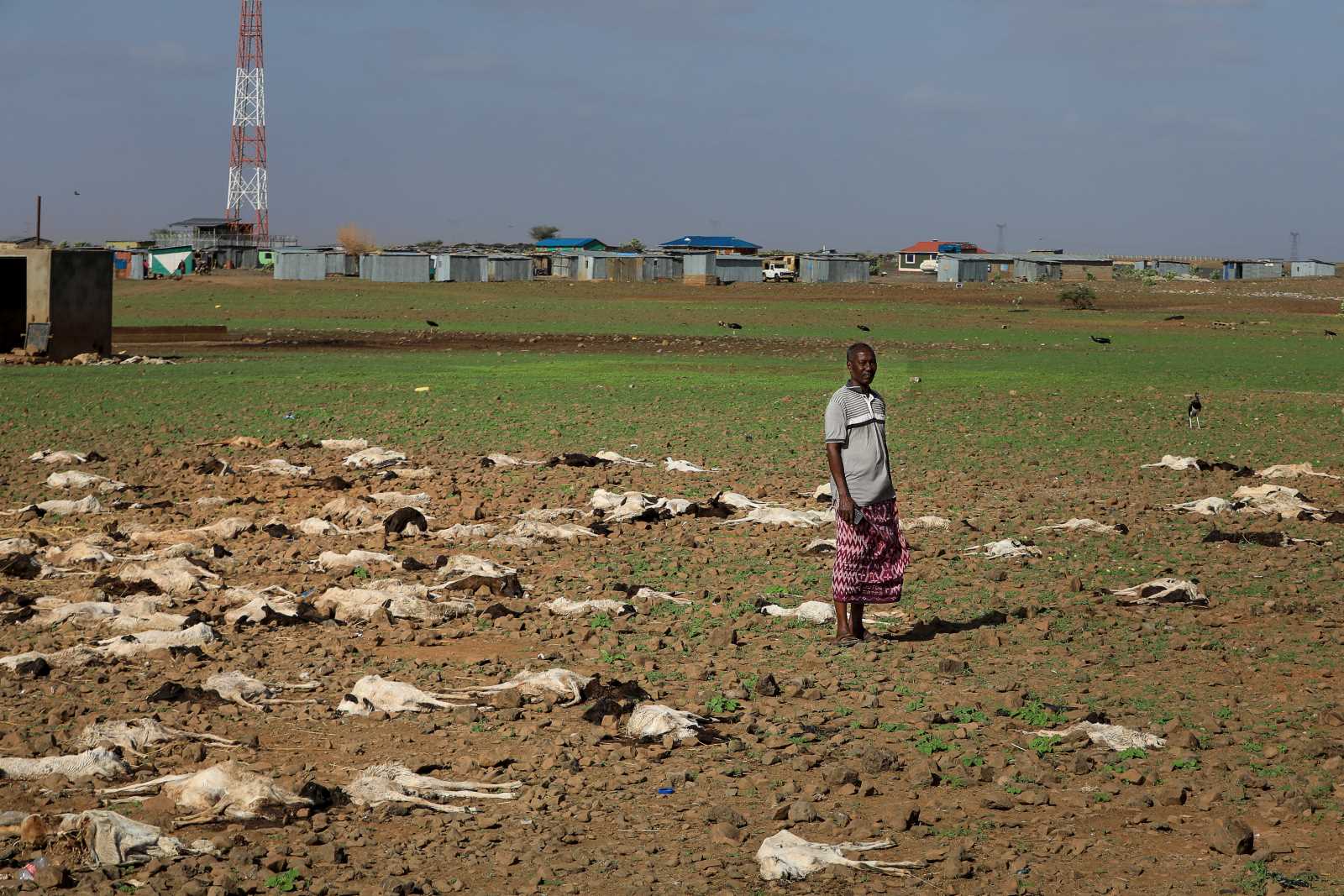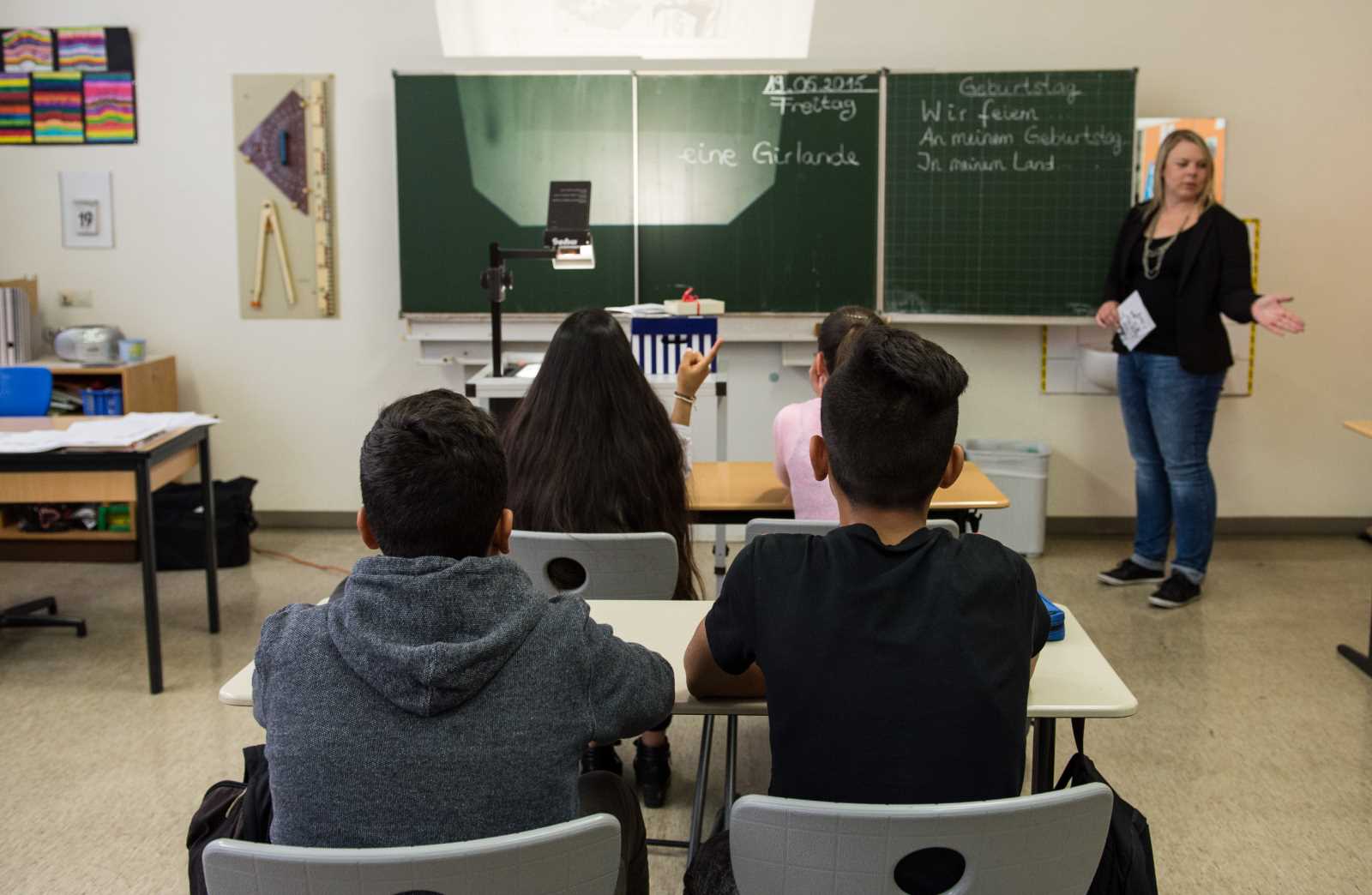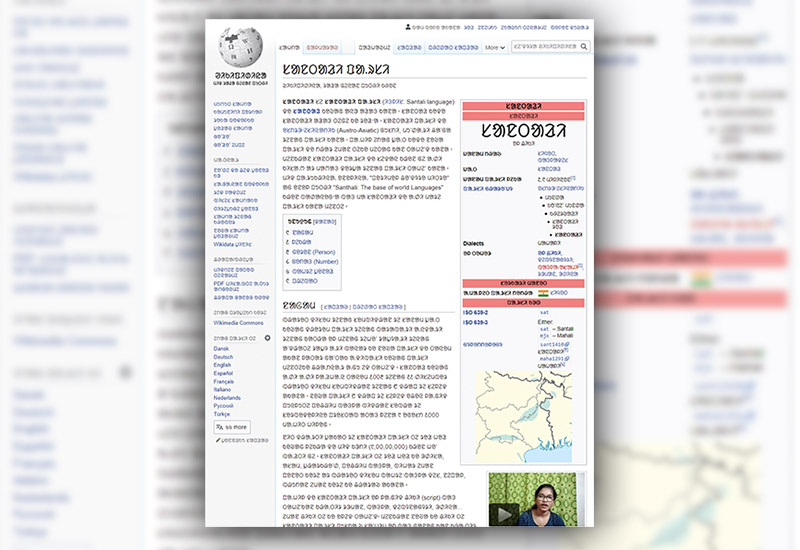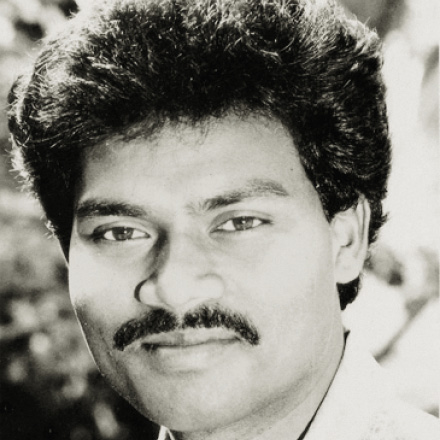Education
Makeshift schools
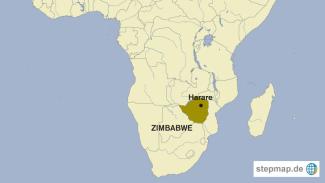
Some 70 children are sitting on the dusty floor of an unroofed classroom in Mwenezi, a district in Masvingo province in Zimbabwe. They are between six and eight years old. They raise their hands simultaneously, scrambling for their teacher’s attention. “Let me give you the answer, madam; let me answer,” some of them shout.
The pupils exude joy, but their learning environment is bleak. Their classroom is really an old, burnt-down farmhouse. The teachers use a thatched mud hut as their office.
“In summer, the conditions are particularly bad, but there is nothing we can do except to endure,” says Mevion Chindiro, a primary school teacher. “Most of the kids live nearby; they are the children of resettled farmers.”
In the year 2000, with the help of the country’s war veterans, President Robert Mugabe’s government embarked on a fast-track land reform programme. More than 4000 white commercial farmers lost their farms. Thousands of black farmers were resettled onto these lands, but the education infrastructure they need was never built.
“When we moved onto the farms, there were no schools for our children at all. So the government set up makeshift schools,” says Dingilizwe Mpofu, one of the resettled farmers. “There still are no proper schools,” he adds.
According to the Zimbabwe National Statistics Agency, there are more than 700 makeshift schools in rural and urban areas. Nonetheless, the government brags about its achievements in the education sector. It claims to have invested in 5,753 primary schools and 2,312 secondary schools since independence in 1980. It says it employs over 70,000 primary school teachers, 90 % of whom are academically trained teachers.
According to civil-society activists, however, the government prioritised land seizures over resettled farm families’ educational needs. “Mugabe took the farms, but failed to provide proper schools for the children of his supporters whom he resettled on formerly white-owned farms,” says Owen Dhliwayo officer of the Youth Dialogue Action Network.
For teachers who work in makeshift schools like Chindiro, the situation is depressing. “Imagine that today, in 2017, these children have to learn in abandoned and disused farmhouses, and the head teacher is using a thatched hut as an office. It is disgusting. I feel we have been moved back to the 1890s when whites had just arrived here,” adds Chindiro bitterly.
Jeffrey Moyo is a journalist and lives in Harare, Zimbabwe.
moyojeffrey@gmail.com

